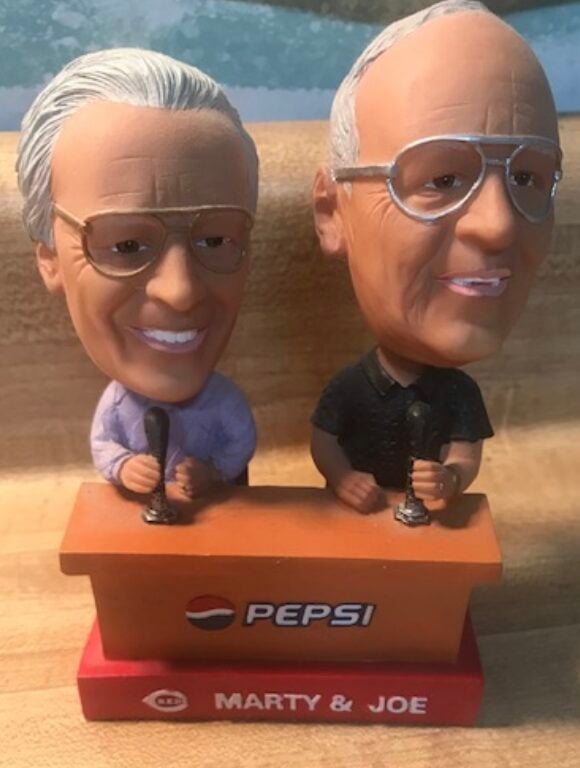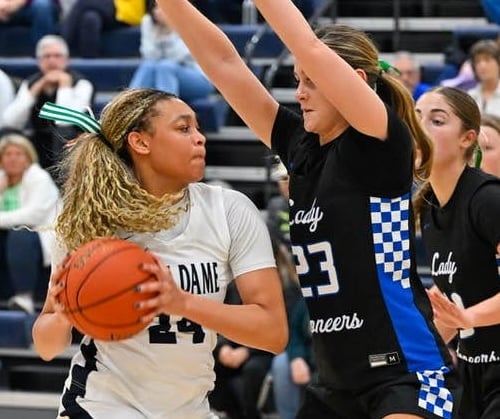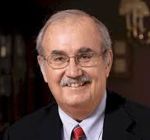Long before he became the coach who drove the Green Bay Packers to victory in the first two Super Bowls, Vince Lombardi was an assistant to Col. Red Blaik at the United States Military Academy. Blaik was good friends with Gen. Douglas MacArthur, the brilliant and flamboyant strategist who led the Allies to victory in the Pacific Theater of World War II.
After every Army home game, Blaik would make sure the game film was processed quickly so he could send a copy for MacArthur’s perusal at the Waldorf-Astoria Towers in New York City. More often than not, the courier of the film was Lombardi, who would sit with MacArthur and go over every play.
This is just one of the many connections between football and the military. Even now, the TV talking heads jabber about “bombs” and “ground attacks” and “warfare in the trenches.” And, of course, quarterbacks always have been known as “field generals,” the guys who command from the battlefield instead of a post far behind the lines.

Given their rank and importance, field generals are supposed to conduct themselves with a certain decorum and maturity that set them apart from their teammates. Let the wide receivers, the running backs and the defensive backs act silly when they make a routine play.
The field general is the adult in the room, the one who retains a steely calm when everybody around him is in panic mode. He rarely allows himself displays of emotion. After a touchdown pass, while everyone else is strutting and posturing in the end zone, the quarterback trudges to the bench, puts on headphones, and begins planning for the next possession.
So it has been since the 1940s, the early days of the league when quarterbacks like Sid Luckman of the Chicago Bears, Sammy Baugh of the Washington Redskins, and Otto Graham of the Cleveland Browns were defining the position for future generations.
So you see the problem that purists have with Cam Newton, the quarterback who will lead the Carolina Panthers against the Denver Broncos Sunday in the 50th edition of the bacchanalian orgy more commonly known as the Super Bowl. This would be Super Bowl L had the NFL maintained the traditional usage of Roman numerals.
Newton does not just run the show for the Panthers; he IS the show. When he runs for a TD, he does a dance dubbed “The Dab.” His fans call him “Superman,” able to leap tall buildings at a single bound, and Newton does not discourage such grandiosity. It’s all about Cam, all the time.
On the other side of the ball, Peyton Manning, 39, is the epitome of a classic field general. He brings to mind Johnny Unitas, still the most iconic of NFL quarterbacks, at the end of his career. His best days long gone, he must rely on guile and guts. Yet he’s such a competitor that it would be a mistake to dismiss him lightly. Any moment, he could reach back into 2005 and come up with a play that can win a game.
How smart is Manning?
Well, when asked about Newton’s style, Peyton evaded the media’s rush for controversy with a nifty bit of broken-field running.
“I promise if I run a touchdown on Sunday, I will celebrate,” he said. “I think his passion, his enthusiasm for the game, I think it’s great. I think it’s good for football.”
Now that’s funny. Where Newton is easily the best running quarterback in the league, an awe-inspiring combination of power and speed, Manning is as mobile and nimble as your old Aunt Minnie. Even in his youth, he scrambled only when necessary. But now the entire nation will be rooting for him to run for a TD just to see what he comes up with.
It’ll be a hoot. While Peyton is old as NFL quarterbacks go, he’s hardly a stuffed shirt. To the contrary, he has a wonderful self-deprecating sense of humor, as anyone knows who has ever seen his TV commercials or appearances on Saturday Night Live.
Still, Peyton wears Old School like a robe of honor. He’s humble in victory, gracious in defeat. He respects his opponents. He never does anything to draw attention to himself except make great plays. He treats the media and the public with respect. He never brags, gives credit to his teammates, and takes responsibility for mistakes.
Unfortunately, as we’ve seen from the Presidential debates, those qualities aren’t valued in America nearly as much as they were in 1950, when the modern NFL was more or less founded by the absorption of teams from the All-American Football Conference. We have come to like anti-heroes more than heroes. We let all sorts of miscreants off the hook just because they play football.
I’m not ready to say that Peyton is the last of a breed because most NFL quarterbacks still act more like him than Newton. I also dispute that Newton is the first wave of a new trend. He is unique. Period. We will continue to see cerebral pocket passers. We may never see another Cam Newton.
So far he has backed it up with breathtaking effect. The Panthers lost only one game this season. Generally, Newton ran and passed and dabbed his way to a point where he’s the only candidate for the league’s MVP award. But now he faces a Denver defense that administered a historic beating to New England quarterback Tom Brady two weeks ago.
Time and again, the Broncos got to Brady. They knocked him down, stepped in his face, did everything but step on his blue suede shoes. But like Unitas and Graham and the other immortals, he just kept getting up and doing his job. He was every bit as admirable in defeat as in any victory.
But, of course, Newton poses a different challenge. He’s sort of like a football version of Michael Jordan in that he does things nobody has seen before. Never mind what you think about the dabbing and other stuff. All that matters is what he does between the lines.
My head tells me to pick the Panthers, but my heart is with the Broncos for one simple reason: I knew Peyton’s parents, Archie and Olivia, before Peyton did. I met them in the spring of 1970, when I went to the Ole Miss campus to do a Sports Illustrated cover story on Archie, then the folk-hero quarterback for the Rebels.
All these years later, I still hold Archie and Olivia in the highest regard. They are two of the finest people I’ve met in sports. I also admire they way they’ve raised their three sons – Peyton, Cooper, and Eli. Even when they were young, they were learning to be Old School.
The perfect feel-good story would be for Peyton to go out a winner and announced his retirement. But the Super Bowl gods are unpredictable when it comes to feel-good stories. Sometimes they let them happen, other times not. So make what you will of the fact that the Panthers are five-point favorites.
But that’s OK. Denver 28, Carolina 24. The field general executes one more winning battle plan. Maybe he’ll go to Disney World and maybe he won’t. Old soldiers never die, they just fade away.
Billy Reed is a member of the U.S. Basketball Writers Hall of Fame, the Kentucky Journalism Hall of Fame, the Kentucky Athletic Hall of Fame and the Transylvania University Hall of Fame. He has been named Kentucky Sports Writer of the Year eight times and has won the Eclipse Award twice. Reed has written about a multitude of sports events for over four decades, but he is perhaps one of media’s most knowledgeable writers on the Kentucky Derby.


















